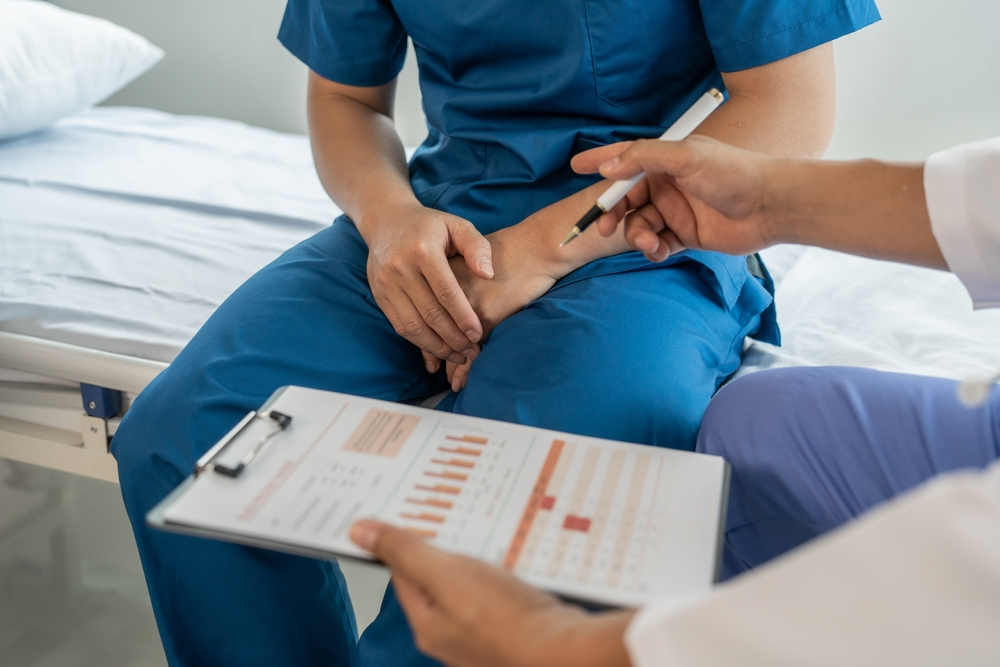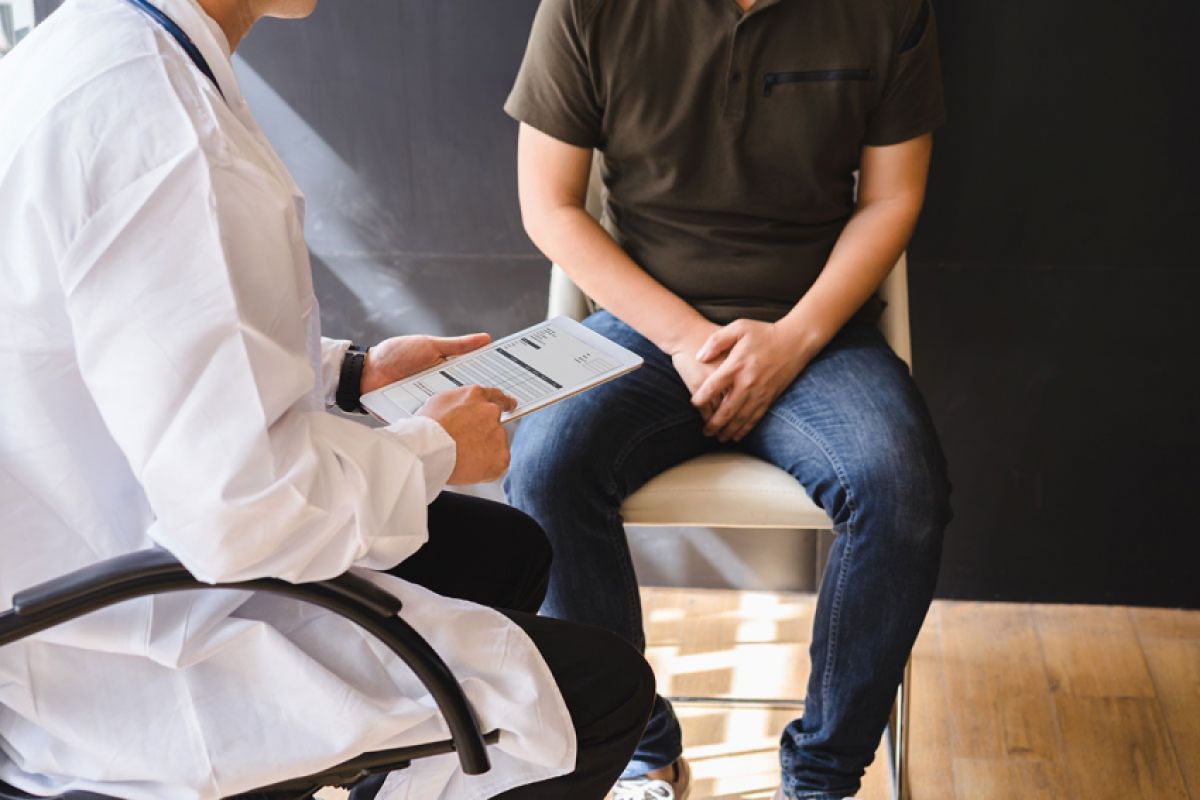



Testicular cancer is a disease that is usually seen at young ages and is characterized by a condition in which the patient feels a painless mass in the testicle. For initial diagnosis and early treatment, the patient is immediately operated on and the testicle is removed through an incision made in the groin.
Depending on the pathology result, the patient may be given chemotherapy, or if there is spread to the lymph nodes in the abdomen, these lymph nodes will need to be removed with a surgery called retroperitoneal lymph node dissection.
Numerous surgeries performed successfully
Hundreds of cancer patients regained their health
Hundreds of patients regained their health as a result of testicular cancer surgery
Numerous national and international publications in reputable medical journals
Testicular cancer symptoms can vary, but some common signs and symptoms include:
Lump or Swelling: The most common sign of testicular cancer is a lump or swelling in one of the testicles. This lump may be painless or cause discomfort.
Pain or Discomfort: Some men may experience pain or discomfort in the testicle or scrotum, which may come and go.
Changes in Size or Shape: Noticeable changes in the size, shape, or consistency of the testicle(s) may indicate a problem.
Heaviness: A feeling of heaviness in the scrotum may occur due to the presence of a tumor.
Pain in the Lower Abdomen or Groin: Testicular cancer can sometimes cause pain or a dull ache in the lower abdomen or groin area.
Fluid Build-up: Accumulation of fluid in the scrotum, known as hydrocele, may occur in some cases.
Breast Growth: In rare cases, testicular cancer can produce hormones that cause breast tenderness or growth (gynecomastia).
It's important to note that not all testicular lumps or swelling indicate cancer. However, any changes or abnormalities in the testicles should be promptly evaluated by a healthcare professional for proper diagnosis and treatment. Regular self-examination of the testicles is recommended, as early detection can improve treatment outcomes.
Testicular cancer develops when cells in the testicles grow out of control as a result of genetic changes. Although the exact cause cannot always be determined, risk factors include a family history of similar cancers, genetic disorders such as Klinefelter's syndrome, abnormal testicular development and undescended testicles (cryptorchidism). These factors can lead to abnormal growth of testicular cells, increasing the risk of cancer.
The stages of testicular cancer are determined by the size of the tumour, whether it has spread outside the testicle and whether it has metastasised to other parts of the body.
The stages are as follows:
Each stage affects the extent to which the cancer has spread and the treatment options. Talk to our team for more information.
